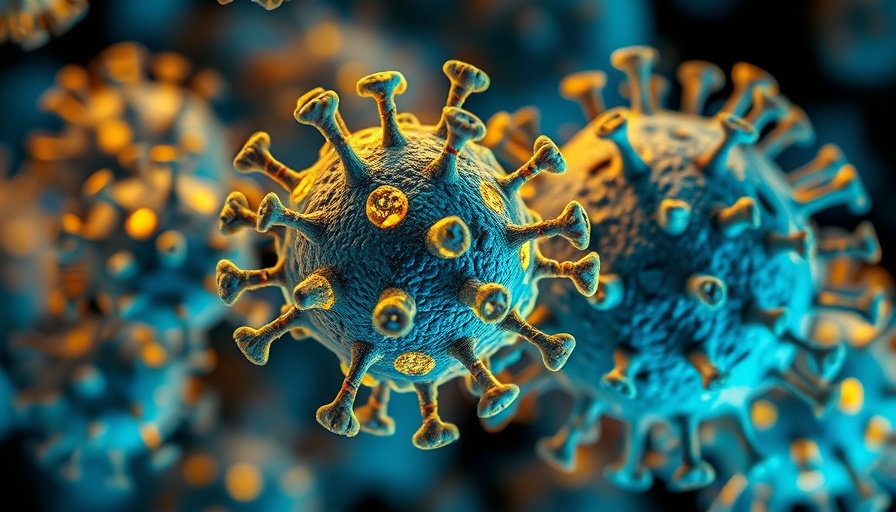
Bird Flu Sparks Concern as Cases Emerge in NYC Cats
The recent confirmation of bird flu cases in two pet cats in New York City has raised alarms among pet owners and public health officials alike. The city’s health department reported these cases following the discovery that both cats had likely contracted the virus from a raw poultry pet food product linked to the company Savage Cat Food.
Health Commissioner Dr. Michelle Morse emphasized the need for caution, urging pet owners to refrain from feeding their cats raw food, particularly raw chicken, as these foods can harbor the bird flu virus. "Pet owners should also prevent cats from roaming outdoors," she advised, as outdoor access increases their risk of interaction with wild birds, potential carriers of the virus.
Understanding the Risks of Bird Flu for Pets
Bird flu, while a significant concern for avian species, has increasingly shown its potential impact on domestic pets. Although the immediate threat to humans remains low, the confirmed cases in cats highlight an unsettling trend. Since 2022, over 100 domestic cats across the United States have been infected, signaling that the virus is not just limited to wild populations.
In instances like this, veterinarians have noted that symptoms can be vague, including lethargy and loss of appetite, which can lead to devastating outcomes if left unrecognized. A heartbreaking case involved a kitten that had to be put down after being fed a diet of raw chicken, underscoring the risks of certain pet food choices.
Preventive Measures for Pet Owners
Dr. Deborah Bayazit, a veterinarian involved in treating affected pets, pointed out that knowledge is key for pet owners. "It’s crucial to spread awareness about the dangers of feeding raw diets," she stated. Furthermore, the city health department has initiated collaborations with local and federal animal health officials to monitor the situation and mitigate risks. This includes ongoing investigations into the potential outbreak linked to Savage Cat Food, which has initiated a voluntary recall.
Pet owners are urged to remain vigilant and seek immediate veterinary assistance if their cats display any concerning symptoms. The potential for the bird flu virus to mutate and spread further to other animals must not be overlooked. This evolving situation requires continuous monitoring and education, with a focus on protecting not only pets but the general public as well.
Final Thoughts: Take Action to Protect Your Pets
In light of these developments, it is imperative for pet owners to stay informed and take proactive steps to safeguard their pets. Avoid feeding raw poultry or dairy products until the health risks are clearly understood. If you suspect your pet may have ingested contaminated food or is showing symptoms of illness, please reach out to your veterinarian for guidance.
 Add Row
Add Row  Add
Add 




 Add Row
Add Row  Add
Add 

Write A Comment